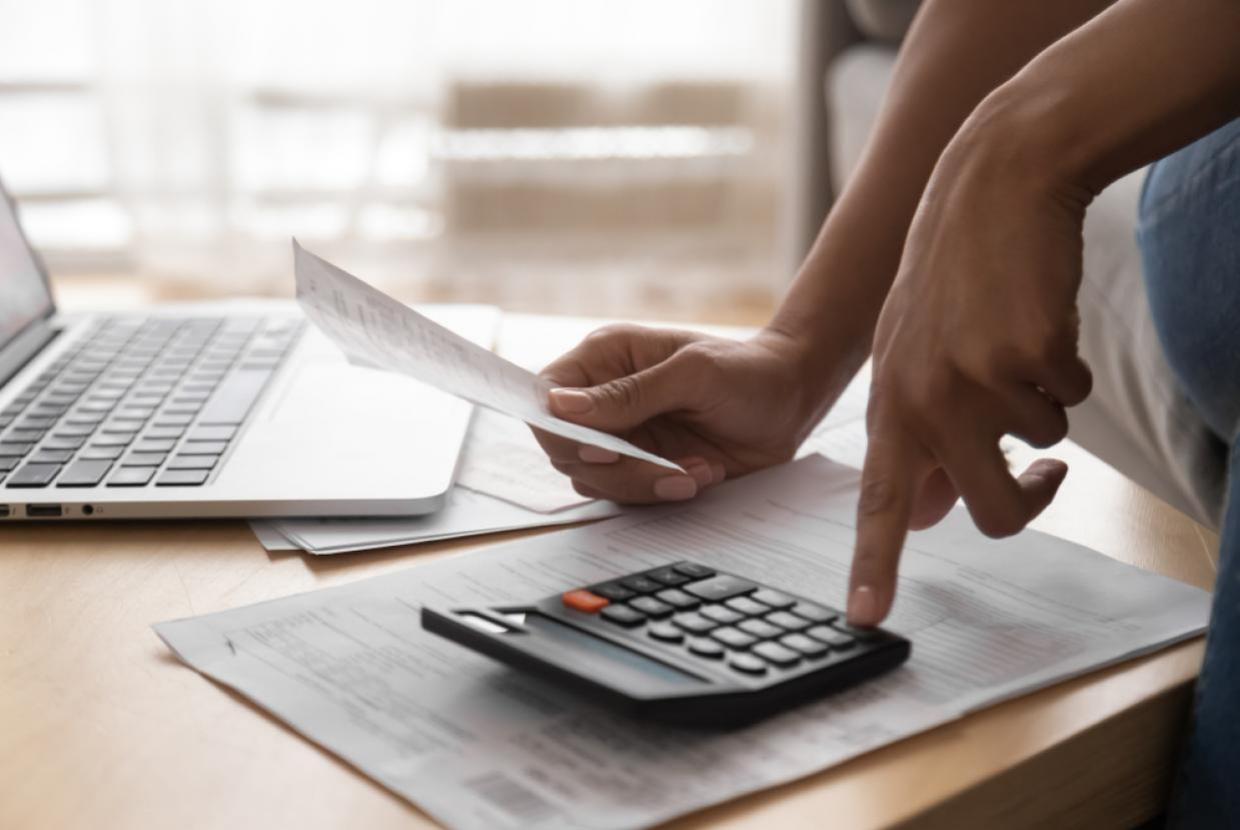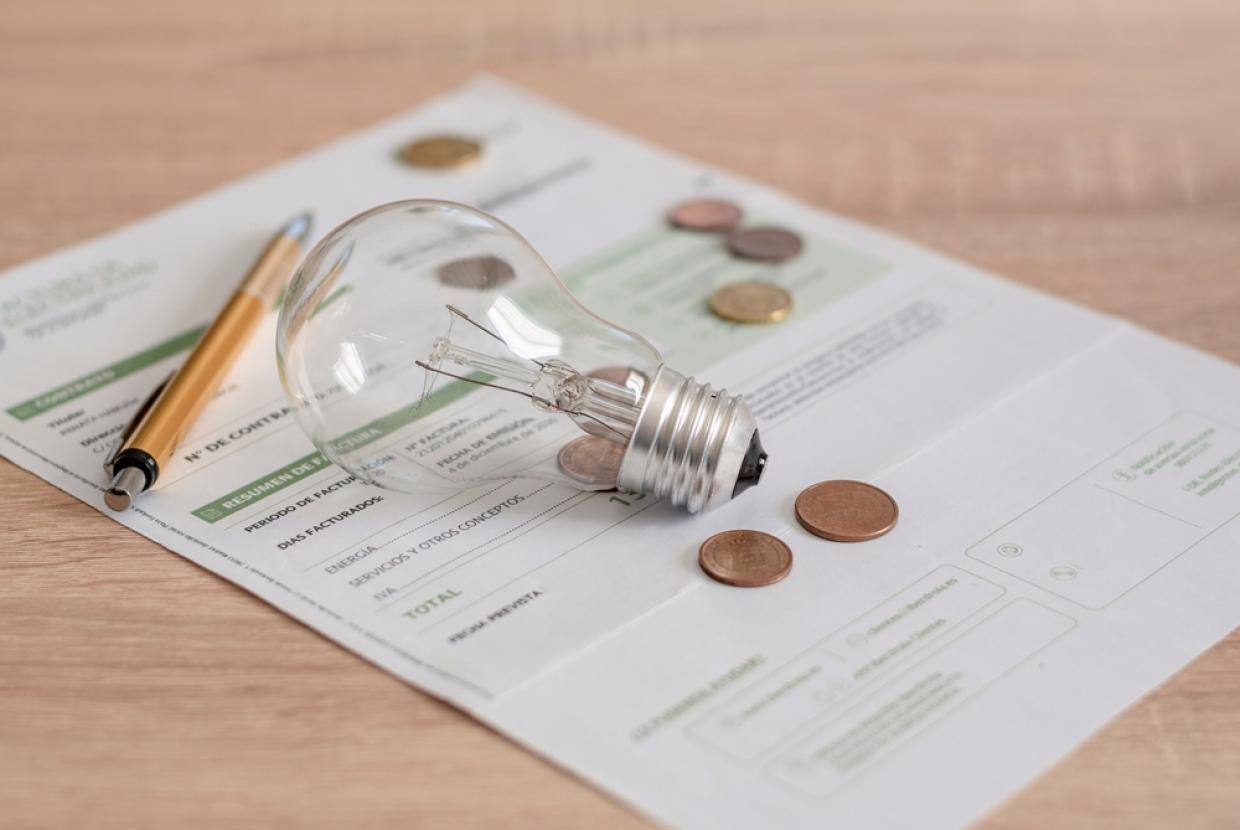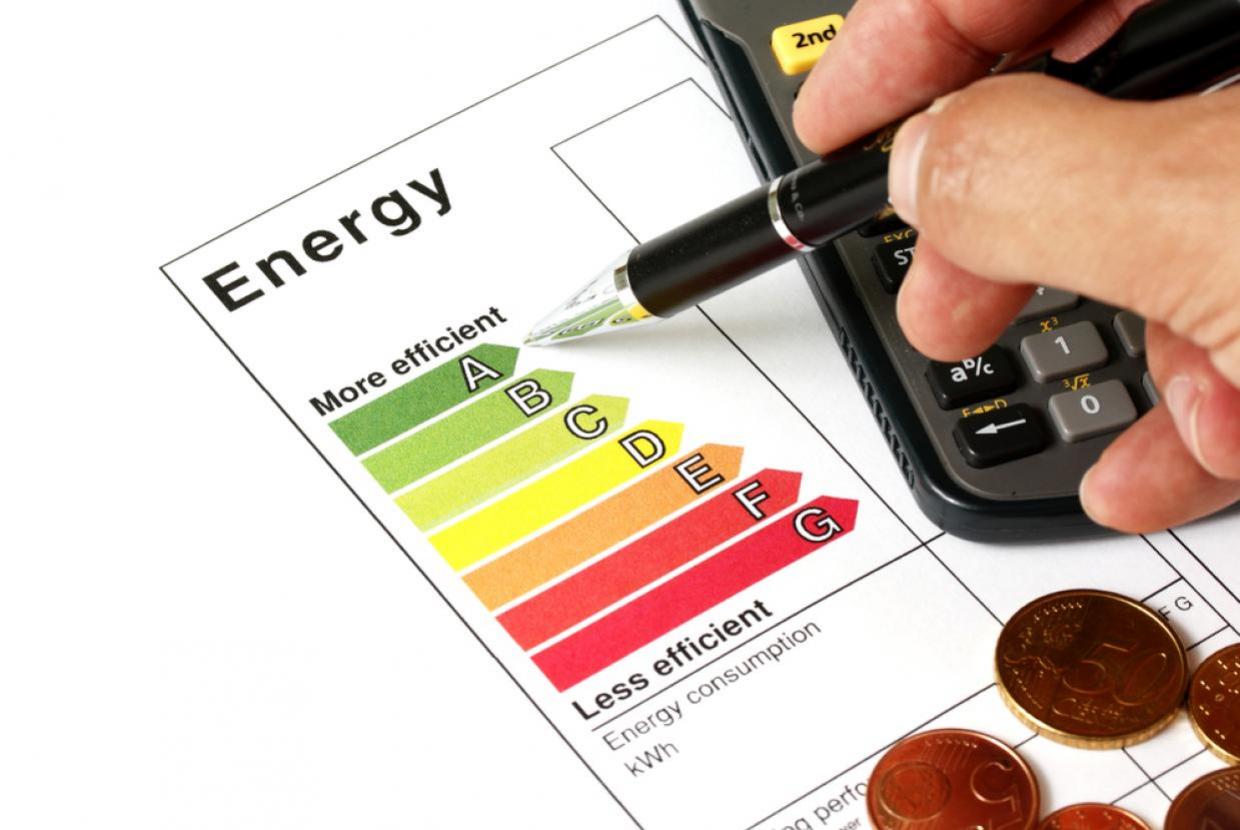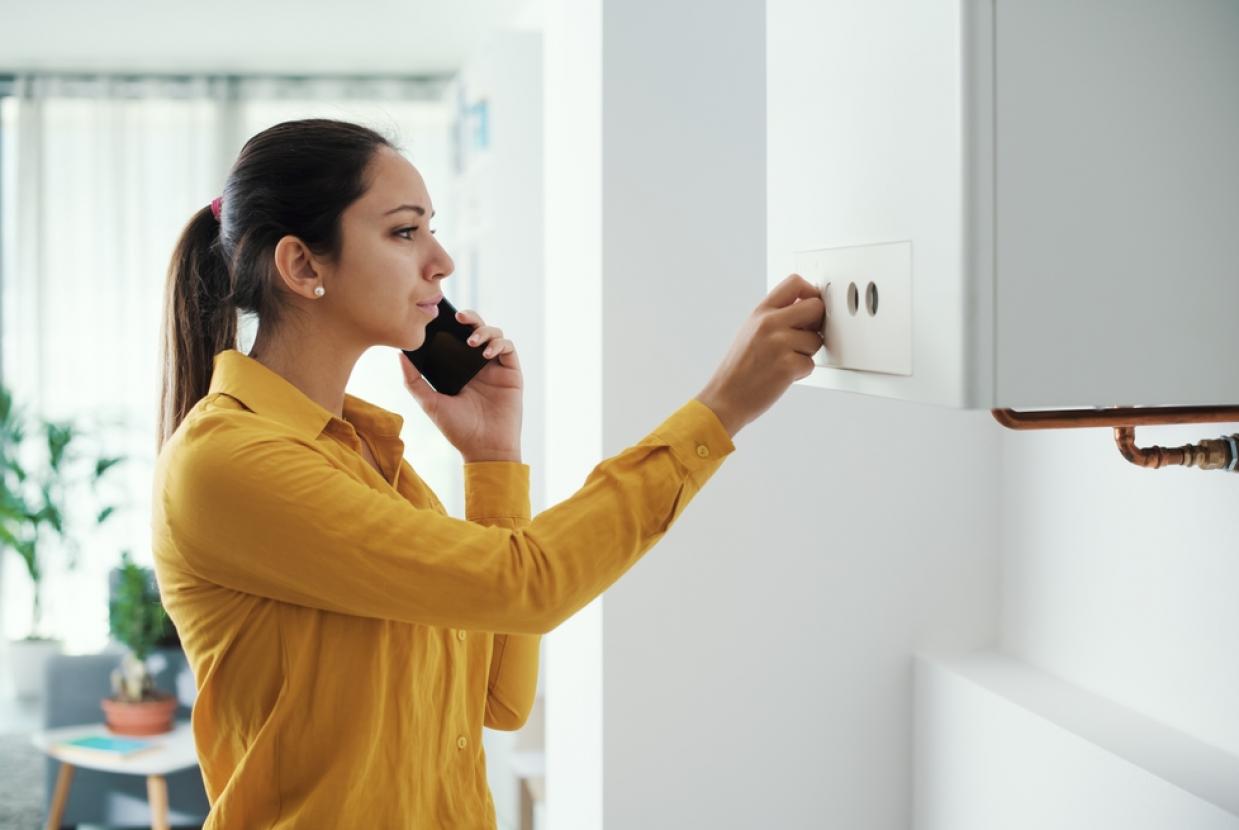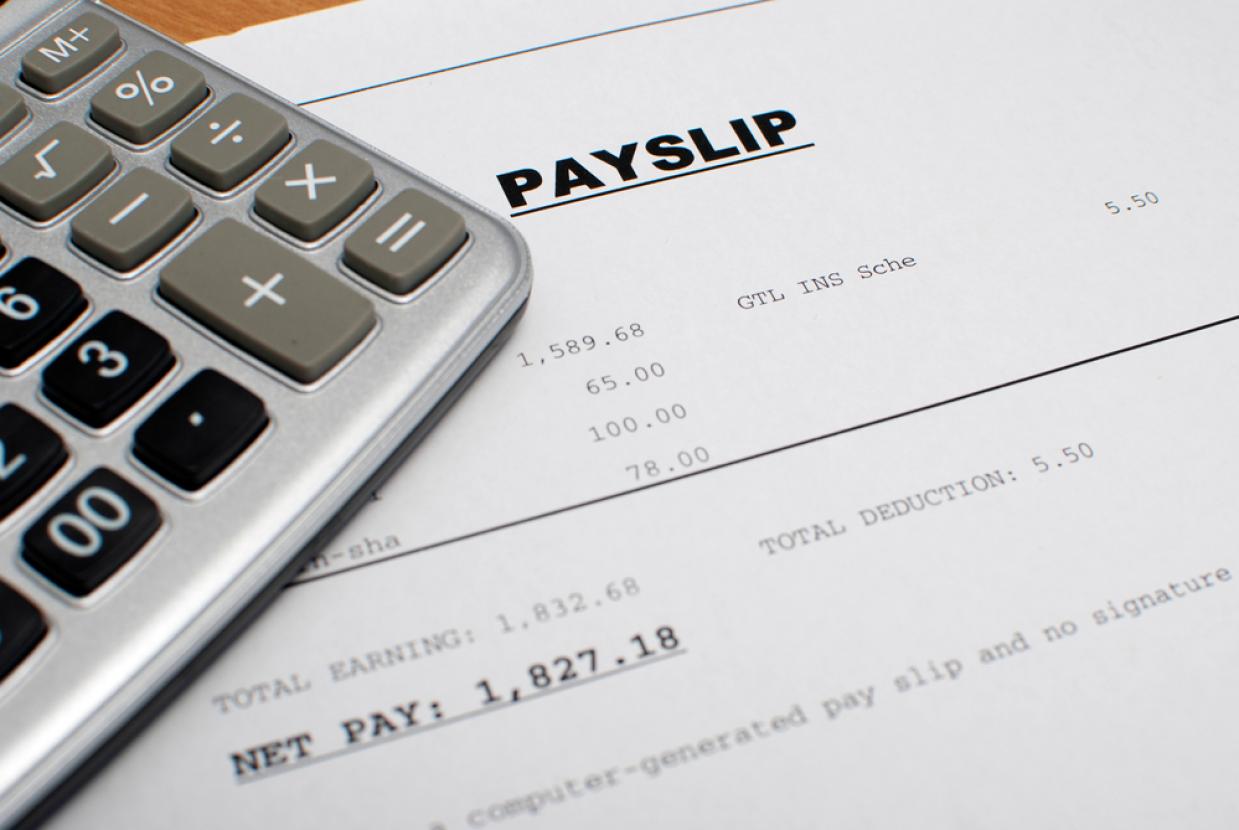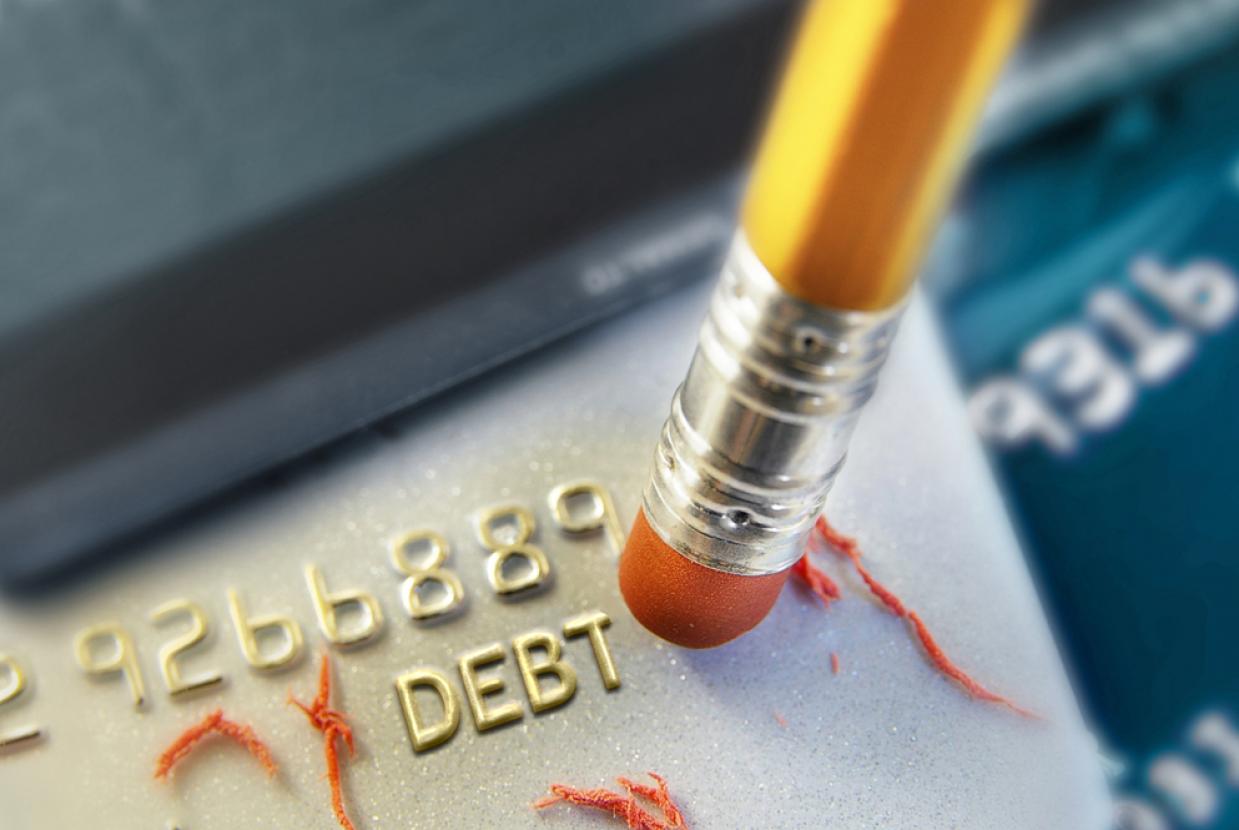What Are Cost Of Living Scams?
Cost of Living Help / Money TroublesCriminals are cashing in on the rise in cost of living by using various scams. As scammers get cleverer in trying to take your money, concerns about the cost of living could make you more susceptible to falling for a scam.
How can you spot a cost of living scam?
Scams come in many forms. They might be an approach from someone offering a loan, investment opportunity, rebate, grant or support payment.
Some of the messages and the links they contain can be very convincing. We help you identify cost of living scams, so you can protect yourself and those you care about.
Is the DWP sending texts about cost of living payments?
The Department of Work and Pensions (DWP) will never ask for personal details by phone, email, text, WhatsApp or any other messaging service.
The government's cost of living scheme pays money to millions of low-income households. If you’re eligible for these payments, you do no need to apply or contact the DWP directly. Payment to you is automatic.
Will the government text me about the cost of living payment?
If you are eligible for the government’s Cost of Living Payments, the DWP or your local council will not contact you asking for your bank details.
Only scammers pretending to be from your council or government will contact you by phone, email or message to ask for personal information about you and your finances.
The Cost of Living payments will come through using the payment details you have set up for your existing benefits or tax credits.
If you want to chat to other people who are in the same boat as you, come and join our Cost of Living support group over on Facebook.
Does Ofgem send messages or call you?
Ofgem, the energy industry regulator, doesn’t supply energy, ask for personal information or come to your property. A scammer might contact you saying they’re from Ofgem. They typically urge you to share personal and payment details in order to claim an energy rebate.
Links in emails and text messages direct you to a fake portal to harvest your details. Legitimate emails from the regulator always come from an address ending '@ofgem.gov.uk'. The regulator has published a guide with tips on how to tell genuine Ofgem communications from false ones.
Can you get scammed for replying to a text?
You can only be scammed by a text message, email or phone call if you engage with it by replying or clicking a link.
Messages from scammers can be very convincing. They use many different types of apps and messaging services such as SMS, Snapchat, Instagram, WhatsApp, Facebook Messenger, Viber, Skype or Google Hangouts, to try trick you out of your money.
Replying to a fake text, calling the number it’s been sent from or clicking links might tell the scammers that your number is in use. You might then be targeted with more scam calls and messages.
Number spoofing
Scammers hide their true identity by using masking technology which changes the name displayed on your phone, often making it look like a legitimate organisation or someone you know is contacting you. This is known as ‘number spoofing’ and can be very convincing
You should be wary of unsolicited texts, and think before you click on a link, even if it looks like it comes from a legitimate organisation, or even a friend or family member.
If in doubt, call your friend or family member on a number you know is theirs, or contact the organisation directly using a verified number from the organisation's official website, statement or letter.
What are cost of living scams?
- personal details
- PIN numbers
- passwords
- mother’s maiden name and any other answers to your security questions
- bank details
- postal address – some scammers use the information to visit your home to ask for your bank details
- payment card details.
They will never send a message asking you to:
- make a test payment
- do something immediately – scammers like to rush you into things
- move money into a ‘safe’ account
- pay or make account changes via text message or email without you first logging into your account
- authorise a transaction
- open to a link where you have to then input your banking details
- use anything other than their official website or app.
Three other common types of cost of living scams
Supermarket food giveaways
You see a fake supermarket advert on social media offering free boxes of food worth, for example, £30. The ad says that food products due to expire will not be thrown away but sent free to people looking for help with the cost of living.
The scam usually sends you to a website where you’re asked to share your personal or financial details in order to qualify for the food package.
Petrol discounts
Petrol and diesel prices are high. So scammers use the promise of cheaper fuel to trick their victims into handing over their personal and financial information. The most common is a fake social media advert offering a fuel card from a mainstream petrol supplier such as BP or Shell. The advert asks you to click a link to complete a survey to get your fake gift card.
Fake investments
Scammers use fake endorsements from famous names to gain your trust. For example, one scam on social media features TV presenter Martin Lewis, founder of MoneySavingExpert, to trick you into clicking on the links which take you to a fake news story promoting investment in a product, such as a cryptocurrency or precious metal.
What to do if you think you've fallen victim to a cost of living scam?
You can report the scam text by forwarding it to ‘7726’ — a free reporting service provided by phone operators. This information is shared with the police and intelligence agencies working to stop text scams.
If you've fallen victim to a text scam, report it to Action Fraud, or the police if you live in Scotland. If you have been a victim of fraud, contact your bank immediately. You can also report it to Action Fraud.























